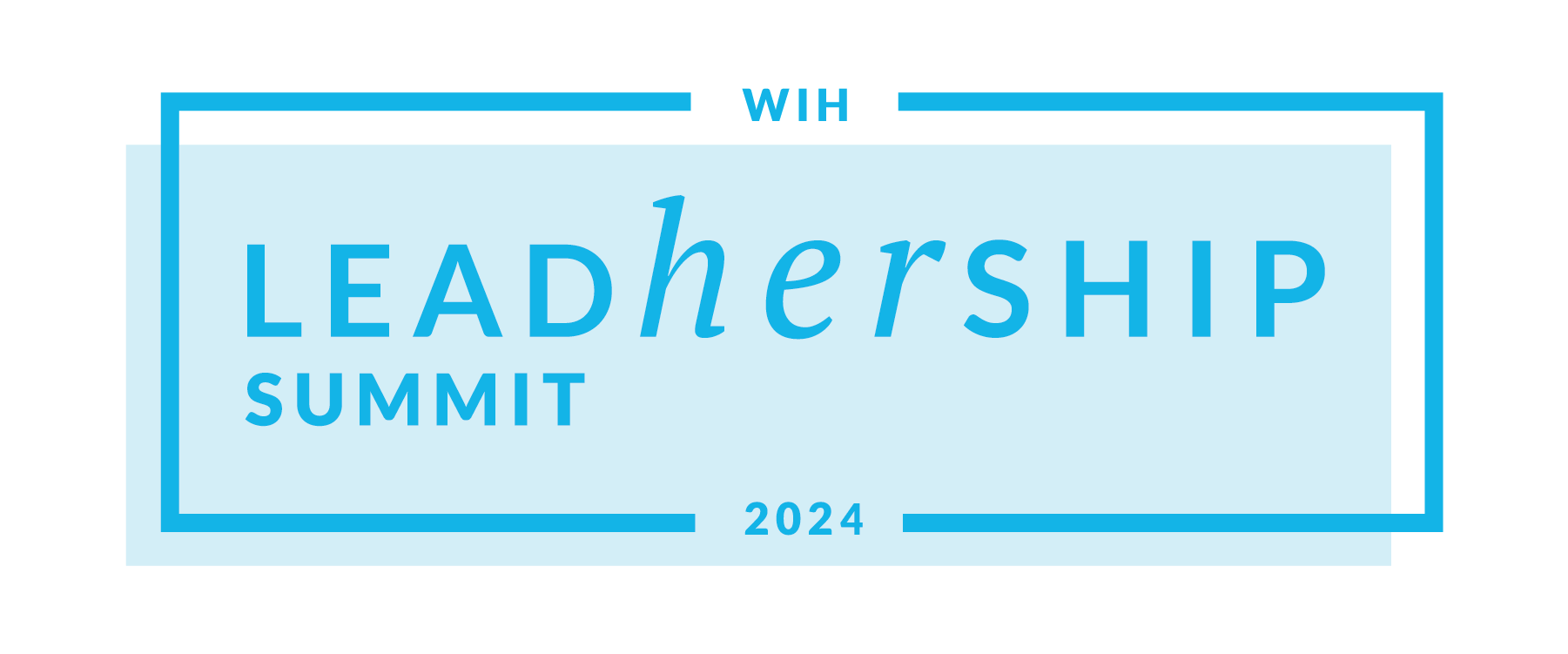Nov 6
Time
Event
of inclement weather)
Nov 7
Time
Event
Ellington Ballroom – Salons DEF
Ballroom – Salons DEF
Resting Boss Face: Redefining Leadership in Healthcare and Empowering Change, Ellington Ballroom – Salon B
Finding Your Inner Renegade: A Balanced, Rooted Approach To Developing Your Signature Leadership Style, Ellington Ballroom – Salon C
Nov 8
Time
Event
fee and limited to 25 participants), Exhale Spa in Loews Hotel
Versatile Leadership: Running Towards Discomfort, Ellington Ballroom – Salon B
Crossing Generations in Healthcare: A Collaborative Learning Journey, Ellington Ballroom – Salon C
Dunwoody
A Mother’s Room (lactation room) will be available in Meeting Planner I, for the duration of the Summit. Keys are available at the registration desk.
Headshots will be available on Thursday, November 7, from 11:15am-2:30pm in the Ellington Pre-Function area. Use the button below to register, schedule, and pay for your headshot session; cost is $55.
Concurrent Breakout Sessions, Nov 7
Resting Boss Face: Redefining Leadership in Healthcare and Empowering Change
Explore the power of Resting Boss Face (RBF) in navigating the complexities of leadership for women in healthcare. Discover strategies to leverage assertiveness while fostering empathy, communication, and collaboration. Uncover the balance between strength and compassion in cultivating effective leadership presence within the healthcare sector.
Learning Objectives:
1. Identify gender bias in the workplace
2. Discuss ways to challenge societal misconceptions of what a leader looks like
3. Discuss ways to promote feminine empowerment
4. Develop best practices for dealing with gender bias found within healthcare
Topics:
- Business Education
- Professional Development
- Mentorship
- Self
Speakers:
- Sarah Ann Henry, BPH, MHA, Administrative Fellow, Oschner Health of Lafayette General Medical Center
- Lesley Tomaszewski, M.S., PH.D, Director of MBA and MHA Programs, Associate Professor of Lipscomb University College of Business
Finding Your Inner Renegade: A Balanced, Rooted Approach To Developing Your Signature Leadership Style
Your inner renegade is ready to disrupt the status quo for personal growth and institutional impact. Understand and claim YOUR signature leadership style. Discover your peak leadership moments, your WHY, and ways to embed well-being into your daily leadership practice to support sustainability. The format will include visualizations, a reflection guide, accountability support, and actionable takeaways.
Learning Objectives:
1. Reconnect with WHY they are working in their current position and field, as a source for motivation, resilience, and commitment.
2. Identify which of their values play into their day-to-day work, and ways to leverage their values to have greater alignment.
3. Identify their unique, authentic leadership style and ways to continue cultivating and honoring their leadership strengths.
4. Recognize their common stress triggers, physical stress tells, and strategies to intervene in order to counteract stress.
5. Learn ways to embed well-being practices in their day-to-day leadership, including embodied approaches.
6. Forge meaningful connections with other participants through rich discussions.
Topics:
- Professional Development
- Self
Speaker:
- Rebecca Arnold, JD, CPCC, PCC Certified, Professional Leadership Coach, Founder, Root Coaching & Consulting, LLC
Concurrent Breakout Sessions, Nov 8
Versatile Leadership: Running Towards Discomfort
Do you feel stuck in a leadership rut where effectiveness is becoming increasingly elusive? Is the Peter Principle nipping at your heels? Playing to our strengths is an inherent human tendency. Our natural strengths bring us success early in our careers but become limiting over time. The best leaders grow and continue to advance by broadening their horizons. Research shows that leaders who can develop complementary skill sets are more influential and impactful. Together, we will explore the role of competing values and strengths and how to recognize paradoxical tensions. Utilizing experience as a seasoned executive and professional coach, I will provide tactics for how to shift from “either/or” to “both/and” thinking to achieve a balance between your strengths and weaknesses. There is validity in choosing to focus on your strengths just as there is a solid rationale for working to improve on your weaknesses. The most effective leaders understand the importance of doing both. How do you know where to start? Pick the thing that scares you the most, take a deep breath, and run towards it.
Learning Objectives:
1. Examine yourself via self-assessment tools to gain a greater understanding of your strengths and weaknesses to recognize the limiting beliefs and traits that hinder inspirational leadership
2. Breakdown the concept of natural leadership tendencies and how their relationship with opposing traits is impacting your leadership effectiveness
3. Outline tactics that can be used to build a dynamic, versatile leadership style
4. Explore the role that vulnerability plays in leadership development
Tracks:
- Professional Development
Topics:
- Professional Development
Speaker:
- Gwen Dooley, MPM, NP, ACC, Vice President of People, Growth, & Strategy, CarePoint Health
Crossing Generations in Healthcare: A Collaborative Learning Journey
Join this interactive session exploring the diverse perspectives of five generations in today's healthcare workplace. From seasoned professionals to newcomers, everyone contributes valuable insights. Discover how mentorship across generations fosters growth. Connect with peers, transcending generational boundaries, in a dynamic exchange of knowledge and experiences.
Learning Objectives:
1. Identify the five generations present in today's workplace and articulate the unique characteristics of each generation.
2. Differentiate the strengths of each generation and relate them to your own strengths, as well as areas where you can further develop.
3. Evaluate how mentorship relationships with individuals from other generations can contribute to achieving your goals by examining the potential benefits and challenges.
4. Develop strategies to establish connections and expand your network with individuals who share similar goals and aspirations, fostering collaborative opportunities for growth and advancement.
Tracks:
Professional Development
Topics:
Professional Development
Speaker:
- DeAnne Priddis, PhD., Communication Associate Professor, Middle Tennessee State University
